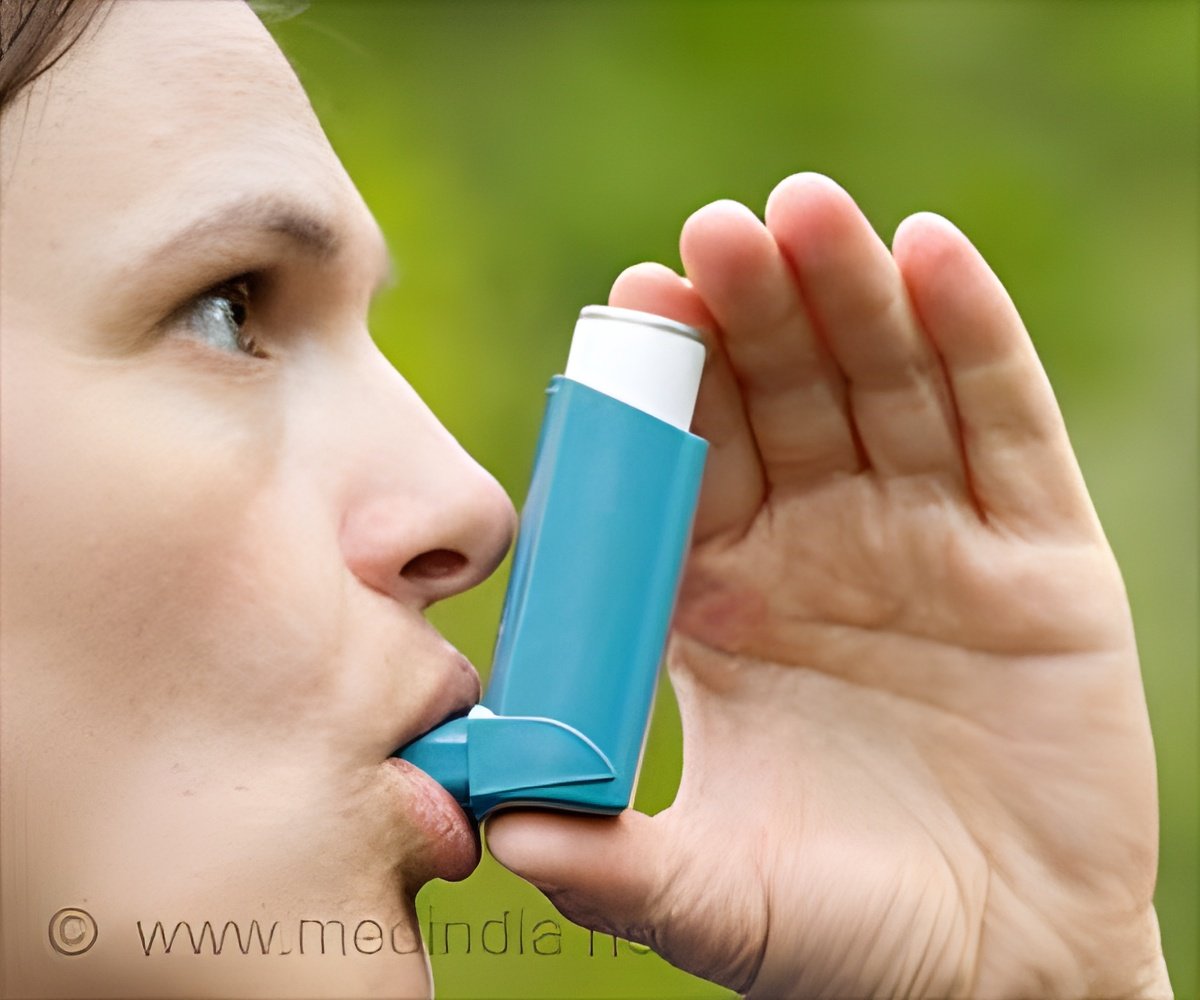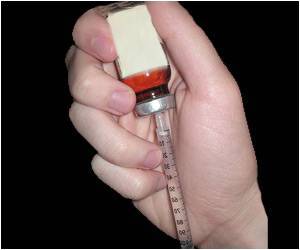on August 22, 2023, the team found increased levels of specific gut bacteria in mice fed high-fat diets. Those gut bacteria, they showed, alter the composition of the bile acid pool in ways that cause inflammation and affect how quickly intestinal stem cells replenish.
“The balance of microbes in the gut is shaped by diet, and we are discovering how alterations in the gut microbial population (the gut microbiome) can create problems that lead to cancer,” says co-senior author and Professor Ronald Evans, director of Salk’s Gene Expression Laboratory. “This paves the way toward interventions that decrease cancer risk.”
Advertisement
In 2019, Evans and his colleagues showed in mice how high-fat diets boosted the overall bile acid levels. The shift in bile acids, they found, shut down a key protein in the gutcalled the Farnesoid X receptor (FXR)and increased the prevalence of cancer.
Association Between High Fat Diet, Gut Microbiome and Colorectal Cancer
In the new work, Evans’ group teamed up with the labs of Rob Knight and Pieter Dorrestein at UC San Diego to examine the microbiomes and metabolomescollections of dietary and microbially derived small moleculesin the digestive tracks of animals on high-fat diets. They studied mice with a genetic mutation that makes them more susceptible to colorectal tumors.
The scientists discovered that although mice fed high-fat diets had more bile acids in their guts, it was a less diverse collection with a higher prevalence of certain bile acids that had been changed by gut bacteria. They also showed that these modified bile acids affected the proliferation of stem cells in the intestines. When these cells don’t replenish frequently, they can accumulate mutationsa key step toward encouraging the growth of cancers, which often arise from these stem cells.
“We are only just beginning to understand these bacterially-conjugated bile acids and their roles in health and disease,” says co-author Michael Downes, a staff scientist at Salk.
There were also striking differences in the microbiomes of the mice on high-fat diets: the collections of gut bacteria in these mice’s digestive tracts were less diverse and contained different bacteria than the microbiomes of mice not on high-fat diets. Two of these bacteriaIleibacterium valens and Ruminococcus gnavuswere able to produce these modified bile acids.
The researchers believe high-fat diets change the composition of the microbiome, encouraging the growth of bacteria like I. valens and R. gnavus. In turn, that boosts levels of modified bile acids. In a vicious cycle, those bile acids create a more inflammatory environment that can further change the makeup of gut bacteria.
The scientists were surprised to discover that a high-fat diet actually had a greater impact on the microbiome and modified bile acids than a genetic mutation that increases cancer susceptibility in the animals.
In the future, the team will study how quickly the microbiome and bile acids change after an animal begins eating a high-fat diet. They also plan to study ways to reverse the cancer-associated effects of a high-fat diet by targeting FXRthe protein that they previously discovered to be associated with bile acid changes.
Reference :
- Paired microbiome and metabolome analyses associate bile acid changes with colorectal cancer progression
– (https://www.cell.com/cell-reports/fulltext/S2211-1247(23)01008-2?_returnURL=https%3A%2F%2Flinkinghub.elsevier.com%2Fretrieve%2Fpii%2FS2211124723010082%3Fshowall%3Dtrue)
Source: Eurekalert



